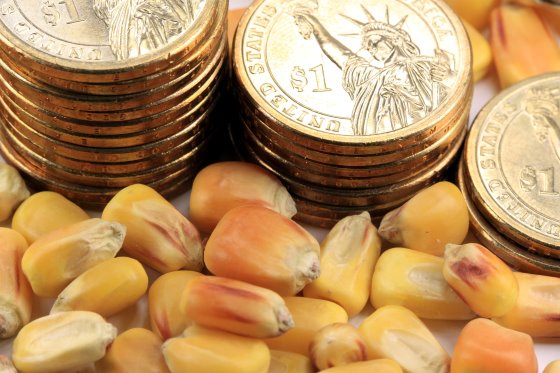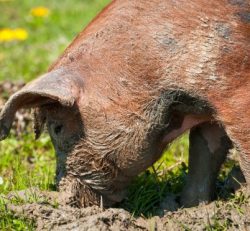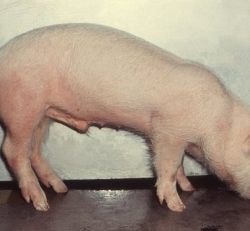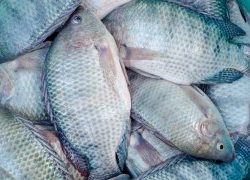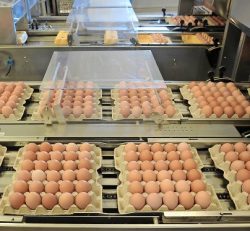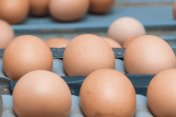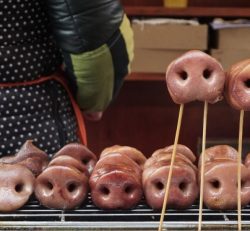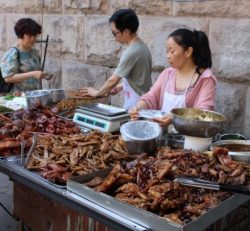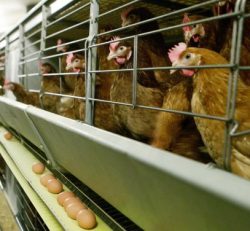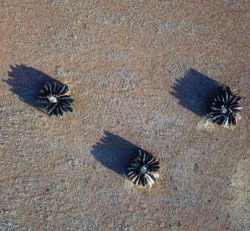DECLINE IN FAO FOOD PRICE INDEX
The International agricultural food commodity prices fell in June for the first time in 2018, as trade tensions affected markets even with global production prospects down.
This is according to the FAO Food Price Index. The FAO Food Price Index is a measure of the monthly change in international prices of a basket of food commodities. The index averaged 173.7 points in June, down 1.3% from its level in May. The decline was driven primarily by lower benchmark price quotations for wheat, maize and vegetable oils including those made from soybeans.
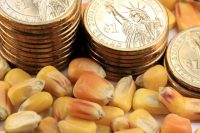
FAO updated its forecast for world cereal output this year, now pegged at 2 586 million tonnes, which is 64.5 million tonnes or 2.4% less than the record production of 2017. Photo: Dreamstime
The FAO Cereal Price Index dropped 3.7% in the month. Despite overall worsening production prospects for the main grains, there were “relatively sharp falls” in international maize and wheat prices, reflecting heightened trade tensions. Rice prices increased. The FAO Vegetable Oil Price Index declined 3% from May to reach a 29-month low. Palm, soybean and sunflower oil prices all declined. Heightened trade tensions between the United States of America and its trading partners, particularly China, weighed particularly hard on the US origin export prices, led by soybeans, with the strength of the dollar exerting further downward pressure.
Drop in cereal output and stocks
FAO also updated its forecast for world cereal output this year, now pegged at 2 586 million tonnes, which is 64.5 million tonnes or 2.4% less than the record production of 2017. The new forecast, issued in FAO’s Cereal Supply and Demand Brief, is 24 million tonnes less than projected by FAO last month, largely reflecting lower output prospects for wheat in the European Union and for wheat and coarse grains in the Russian Federation and Ukraine. World cereal utilisation is forecast to rise to 2,641 million tonnes in 2018/19. The inventory drawdown is expected to be largest for maize, while rice stocks may increase for the third year in a row. World trade in cereals is expected to remain generally robust also in 2018/19, close to near-record level of 2017/18.
Source: FAO


